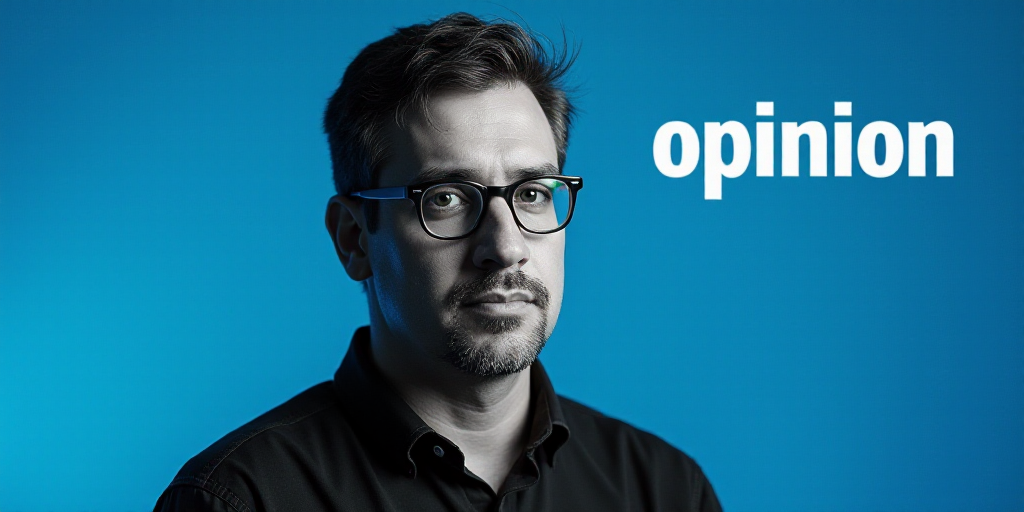The Economic Value of Care: An Untapped Resource
According to the Household Non-Market Activity Survey of Mexico (INEGI, 2023), the unpaid domestic and care work amounted to a staggering 8.4 billion pesos, equivalent to 26.3% of Mexico’s national GDP. Women contributed 71.5% of this value, while men accounted for only 28.5%. Despite these figures, women’s contributions have been historically overlooked, underestimated, and devalued.
This value surpasses that of sectors such as manufacturing (20.3%) and trade (18.6%). If this work were compensated, women would earn an average monthly salary of over 7,000 pesos, which is still inadequate considering their contributions. These statistics not only highlight a hidden economic contribution but also expose deep structural injustice.
Unequal Burden of Unpaid Work
Mexican women dedicate an average of 40 hours per week to care and household tasks, compared to the 16 hours men spend. This disparity, documented by the Mexican Institute for Competitiveness (IMCO), significantly limits women’s access to formal employment, training opportunities, entrepreneurship, and decision-making roles. Many women lack the same development opportunities as others, making equal treatment and opportunity a fundamental human right.
Moreover, over 55% of Mexican women work in the informal economy, meaning they lack social security, retirement benefits, maternity leave, or sick leave. This systemic exclusion perpetuates intergenerational disadvantage and undermines social mobility prospects.
Care as the Foundation of Mexican Humanism
From the ethics of care, as proposed by Joan Tronto, caring is not merely an emotional choice but a social and political responsibility. Caring sustains life, ensures its continuity, and dignifies its journey. Nurturing human beings and caring for family should be among the most crucial, meaningful, and valued tasks today.
Amartya Sen advocates for a development approach centered on expanding human capabilities. Under this lens, supported care work becomes a platform for individual and community flourishing.
This perspective lies at the heart of Mexican Humanism, which we advocate for—a model where human dignity, service orientation, critical consciousness, and social responsibility should guide all public and private actions.
Towards a Care Economy: Proposals for Change
A care economy is not a utopia or theoretical discourse; it’s a practical route, supported by international organizations, feminist scholars, and local experiences demonstrating its impact on collective prosperity.
- Establish a National Care System guaranteeing dignified, accessible, and universal services for children, the elderly, people with disabilities, and dependents.
- Promote gender responsibility in the workplace, not just through public policy but also as corporate and community culture.
- Reform labor laws to include equitable parental leave, flexible work arrangements, and recognition of domestic work as the foundation of the economy.
- Develop training programs for caregivers, acknowledging them as wellbeing agents and professionalizing their role within the social ecosystem.
- Implement micro-policies of shared care responsibility enabling men to recognize and take on their role in family support.
- Execute a genuine wealth distribution strategy (improving overall compensation) allowing women additional income and formalizing payment for shared care of children and daughters.
These proposals have been endorsed by UN-ECLAC, ONU Mujeres, and numerous Mexican research studies. However, in practice, they remain distant from reality. Historical neglect must end; repairation should follow suit.
The Role of Entrepreneurship in Transforming Social and Economic Models
As an entrepreneur, human development practitioner, and family business advisor, I have witnessed that organizations prioritizing well-being, flexibility, inclusion, and care are more resilient, human, and sustainable.
Frederic Laloux predicted this, writing that evolved organizations listen, contain, and adapt their structures to human flourishing. Raj Sisodia, advocating conscious capitalism, reminds us that caring does not diminish profit; it multiplies it. Riane Eisler has shown that an “association culture,” grounded in equity and care, not only transforms labor relations but entire economic systems.
Mexican entrepreneurship now has a historic opportunity to lead a silent, proactive, and creative reformation—a powerful transformation from the everyday, decision-making levels in corporate boards, budgets, maternity policies, schedules, and equitable work distribution.
Dignify to Transform: The Essence of Who We Are
Care, as Roberto Assagioli would say, is not merely an external function but a profound spiritual expression. It reminds us of our interconnectedness and turns a mother caring for her family into a silent architect of the future.
Denying this value is to amputate the future. Ignoring it perpetuates injustice. Recognizing it is the first step towards a more rational, just, and humane society—a voluntary deconstruction to harmonize our lives, honor our roots, and dignify the future of upcoming generations.
What kind of country do we want if we deny mothers what they’ve given us: time, health, knowledge, love, and humanity?
Today, as a columnist, entrepreneur, educator, and citizen, I raise my voice for Mexican entrepreneurs to acknowledge their role not just in job creation but also in healing the fractured social fabric. Let mothers, domestic workers, entrepreneurs, leaders, or employees not have to choose between raising their families and surviving. Let care cease being a silent sacrifice and become public policy, organizational culture, and a symbol of a nation beginning to understand the source of life.
What are you doing to dignify the lives of those who have cared for and continue to care for us?
Economic development must be humanist, or it will not be deserving.
Jaime Cervantes Covarrubias
*The author is a Human Development Doctoral candidate at Universidad Motolinía del Pedregal, Mexico; Master’s graduate in Human Development from Universidad Iberoamericana, Mexico; and Executive Master’s graduate in Strategic Positive Leadership from Instituto de Empresa, Spain. He holds a Bachelor’s degree in Graphic Communication and is a columnist for El Economista.
[email protected] | LinkedIn | Instagram
#LiderazgoHumanista #DesarrolloHumano #EmpresaHumanista #HumanismoMexicano #Sostenibilidad






